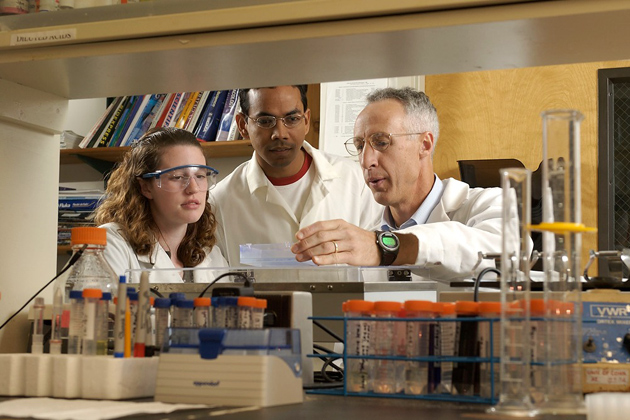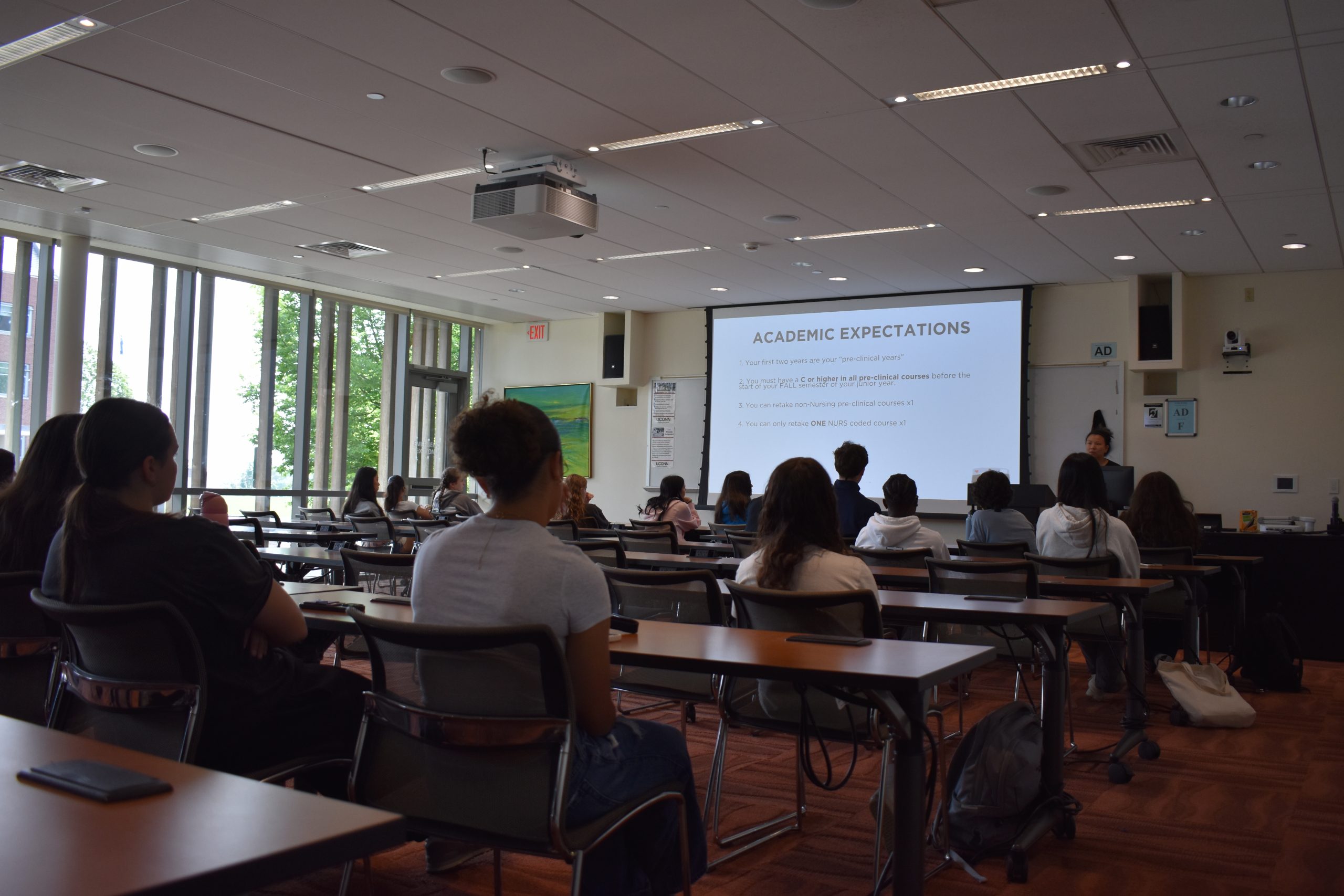As other institutions are slowing – or even reversing – the growth of their faculty, the University of Connecticut has embarked on one of the most ambitious faculty-hiring plans in U.S. higher education. Seeking to strategically expand its faculty in key research and teaching areas and boost the number of classes offered, UConn is aiming to hire 290 new tenure-track faculty members over the next four years, including 65 beginning this fall and another 90 for the fall of 2013. The newly funded hires will be in addition to normal hiring to fill vacancies as needed, which is expected to bring the total to 500.
“Our goal is to dramatically expand our faculty ranks in strategic and meaningful ways to ensure we are the university we want to be in the future, both in terms of teaching and research,” said UConn President Susan Herbst. “UConn is pursuing this aggressive strategy to transform our institution by generating more research that has national and international impact, increasing our research productivity, building great graduate programs, providing excellent teaching and service to our undergraduate students and expanding course offerings.”
In preparation for this undertaking, Herbst met with the deans of all UConn’s schools and colleges in January, and charged them to propose hiring plans for the coming year that:
- Target specific areas of impact;
- Increase an existing strength or generate new strength in a particular area;
- Involve cluster hires across departments, schools, or colleges, or multiple hires within a discipline or department;
- Capitalize on opportunities to attract accomplished groups of faculty to UConn;
- Complement major UConn initiatives, such as Bioscience Connecticut and the Technology Park;
- Increase the diversity of the faculty;
- Meet critical teaching needs.
The majority of this effort is being funded through a four-year tuition increase plan passed by the University’s Board of Trustees in December 2011. The plan, which increases tuition by between 5.5 percent and 6.25 percent each year, was presented to students, faculty, and the board as a means to significantly boost research capability and increase course offerings for students. All the net dollars generated from the increases will go toward the faculty hiring, which will also be supplemented through other University funds and spending reductions elsewhere on campus.
“The sour economy and state budget troubles have slowed faculty hiring nationwide,” said Herbst. “At UConn, we wanted to buck that trend and implement plans that were bold, far-reaching and would clearly set us apart from other institutions.”
Deans solicited ideas from within their schools and colleges, generating scores of proposals from across the University community. The deans vetted these and developed proposals, which they submitted to the provost. The proposals were posted on an internal website so that the Deans could see all proposals from across the University. The proposals went through three rounds of revision and were ultimately approved by the president and provost.
Examples of this strategic hiring include the following:
Genomics: Searches will be conducted for more than 20 different new faculty members in the field of genomics across disciplines from Engineering to Molecular and Cell Biology to Physiology and Neurobiology to Pharmacy and Statistics. This is one of the most important emerging scientific fields in higher education, and has special significance for Connecticut as the state embarks on an $864 million effort to make the UConn Health Center and its partner, Jackson Lab, an international hub for bioscience research and development.
Achievement Gap: The gap in school achievement between under-performing schools and their peers has become a matter of national concern, and Connecticut is home to one of the most dramatic such divergences in the country. For the first time, UConn will develop a purpose-built institute at the Neag School of Education to research the causes and consequences of the achievement gap and find policy and practice solutions designed to close it.
Insurance Risk: new faculty hires in the areas of Health Insurance and Finance, focusing on health insurance markets and legal regulation of the structure and delivery of health care services; Retirement Security, a matter of urgent national concern and a key part of the insurance industry; and Complex Financial Instruments, for cutting-edge practical and theoretical work in the important field of derivatives and hedge funds.
These represent only a handful of examples. The hiring plan touches virtually every corner of the University, including the fields of environmental sustainability, health, food, nutrition, life sciences, social sciences, new media, language, human rights, art, theater, business, and pain management, among others.



